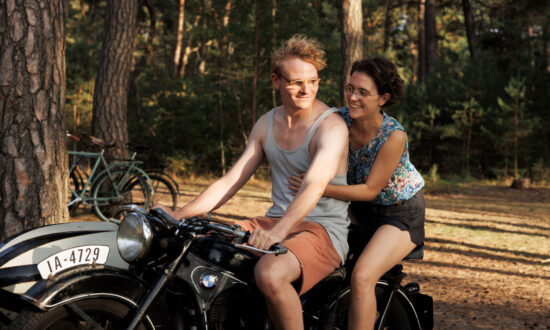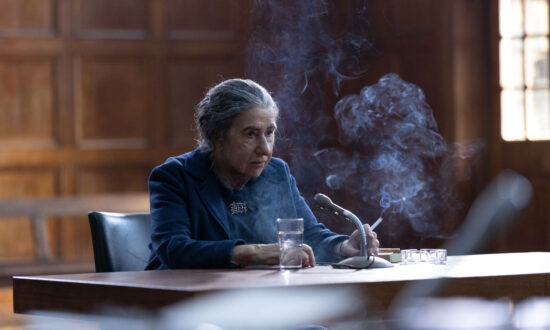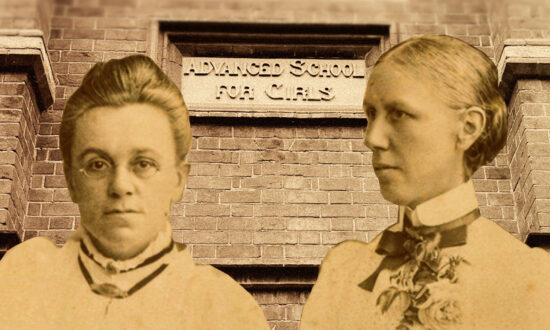“She can’t remember. He can’t forget.”
It’s a catchy tagline for a small, unusual film about two people thrown together by circumstances one night in Adelaide. She, Esther (Imelda Bourke), is an elderly woman who has checked herself out of a facility for some urgent purpose, although she has forgotten what. Nor can she give the taxi driver an address to take her to. He is Ali (Ali Al Jenabi), a refugee driving someone else’s cab who fled a place he calls Babylon, the old name for Iraq. The last thing a man in his position wants is trouble.
They share the space unwillingly at first. “Where do you want to go?” Ali asks. “Just drive,” she says.
They talk but their backgrounds are so misaligned the conversation fizzles. Her old joke about “the computer says no” – originally from Little Britain and used to describe bureaucratic intransigence – means nothing to an Iraqi refugee driving during the dead of the night when no one else wants to.
Gradually, these two very different people advance their understanding into a kind of mutual respect, particularly when Ali has a panic attack triggered by going through a carwash.
This independent film was written and directed by Madeleine Blackwell, and was inspired by her experience in Sydney talking to women who were spending time with refugees. She heard terrible stories about the horrors that forced people to flee their homes and put their trust in people smugglers. After a dream one night, she channelled the stories into the character of Ali, a refugee with a background of torture and murdered loved ones who is trying to find a new home.
It is a family film in many ways. Madeleine’s brother, the late Paul Blackwell, helped early on with script advice, and their mother Imelda, a jazz singer who died four weeks after an early screening of Damage at the 2020 Adelaide Film Festival, plays Esther.
The story of Ali Al Jenabi is remarkable: he is an Iraqi refugee who has lived in Australia for 25 years under the cloud of a bridging visa, and had never acted before. In Iraq, he was captured by Saddam Hussein’s army and imprisoned for four years in Abu Ghraib; his story was the subject of a book, The People Smuggler, by Robin De Crespigny. He gives an astonishing performance as the camera lingers on his handsome, storied face.
Overlaying and intruding into the odd-couple road trip are scenes and perspectives that are militaristic, as if the taxi and the people inside are under surveillance. Blackwell includes at one point the leaked Julian Assange “Collateral Murder” footage, which adds to the sense of dread that people are watching and they are on borrowed time.
In Esther’s case, as she finally remembers the suburb and description of the house she needs to visit, the threat is also real; the nursing home already has a bulletin out for her. Ali, bitterly aware of what can happen to innocent people, is desperate not to make his life any worse.

Get InReview in your inbox – free each Saturday. Local arts and culture – covered.
Thanks for signing up to the InReview newsletter.
All this is remarkably effective and moving. The film has taken years to find a distributor who believed in and understood a minor, low-budget, heartfelt film that is more a meditation on grief and loss than a story with a plot. There is no neat ending because life doesn’t work that way.
Damage is on national release in cinemas now.
Support local arts journalism
Your support will help us continue the important work of InReview in publishing free professional journalism that celebrates, interrogates and amplifies arts and culture in South Australia.
Donate Here




